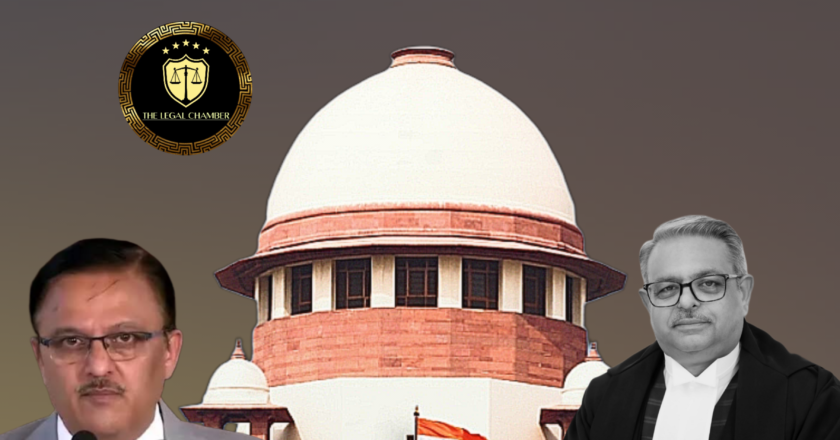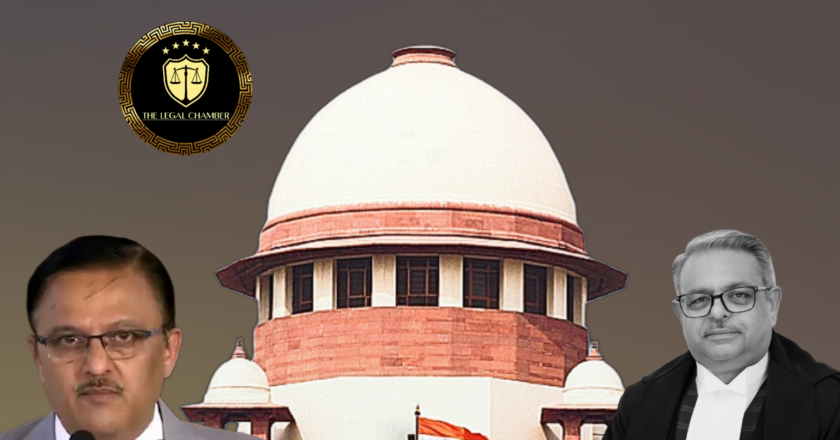Supreme Court Quashes FIR in 498A Dowry Case: Rules on Delay & False Allegations
The Supreme Court of India quashed an FIR and chargesheet, holding that while the complaint was within the limitation period as per Section 468 CrPC (relevant date for limitation being filing of complaint, not cognizance date), the allegations lacked specific incidents of cruelty and appeared to be a misuse of legal provisions.
Facts Of The Case:
The present appeal challenges a High Court order dated April 1, 2024, which set aside a Sessions Court order from October 4, 2008. The Sessions Court had discharged the Appellant from charges under Section 498A of the Indian Penal Code, 1860, in FIR No. 1098/2002. The case originated from a complaint filed by the Complainant wife (Respondent no. 2) on July 3, 2002, leading to the FIR being registered on December 19, 2002, at PS Malviya Nagar...









